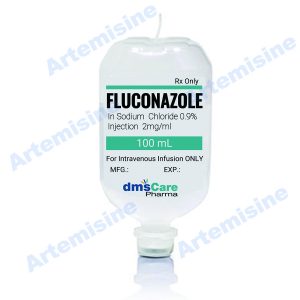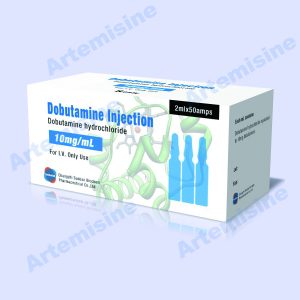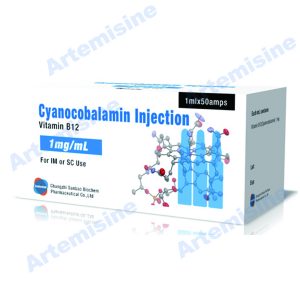Product Description
Product Name:
Norfloxacin Injection
Contains:
Norfloxacin 200mg
Package:
100 ml;
Pharmacology
Norfloxacin is a DNA gyrase inhibitor. DNA gyrase is an essential bacterial enzyme that maintains the superhelical structure of DNA. DNA gyrase is required for DNA replication and transcription, DNA repair, recombination, and transposition; bactericidal
Use: Labeled Indications
Uncomplicated and complicated urinary tract infections caused by susceptible gram-negative and gram-positive bacteria; sexually transmitted disease (eg, uncomplicated urethral and cervical gonorrhea) caused by N. gonorrhoeae; prostatitis due to E. coli
Note: As of April 2007, the CDC no longer recommends the use of fluoroquinolones for the treatment of gonococcal disease.
Limitations of use: Because fluoroquinolones have been associated with disabling and potentially irreversible serious adverse reactions (eg, tendinitis and tendon rupture, peripheral neuropathy, CNS effects), reserve norfloxacin for use in patients who have no alternative treatment options for acute uncomplicated urinary tract infections.
Off Label Uses
Infectious Diarrhea
Based on the Infectious Diseases Society of American (IDSA) Practice Guidelines for the Management of Infectious Diarrhea, norfloxacin given for infectious diarrhea is effective and recommended in the management of this condition.
Spontaneous bacterial peritonitis (prevention)
Data from a meta-analysis and controlled trials support the use of norfloxacin as primary long-term prophylaxis in cirrhotic patients with low protein ascites or as secondary long-term prophylaxis in patients who have experienced a prior spontaneous bacterial peritonitis (SBP) episode [Fernández 2007], [Lontos 2014], [Loomba 2009].
Based on American Association for the Study of Liver Diseases guidelines on the management of adult patients with ascites due to cirrhosis and European Association for the Study of the Liver guidelines for the management of patients with decompensated cirrhosis, norfloxacin is recommended for long-term prophylaxis in patients who have experienced a prior SBP episode and for primary prophylaxis in cirrhotic patients with low protein ascites. Norfloxacin can also be used for short-term prophylaxis (7 days) in cirrhotic patients with GI hemorrhage. Increasing bacterial resistance rates to antibiotics used in the treatment and prevention of SBP have been documented; therefore, local epidemiological patterns should be considered, and use of antibiotic prophylaxis should be restricted to patients at high risk of SBP .




